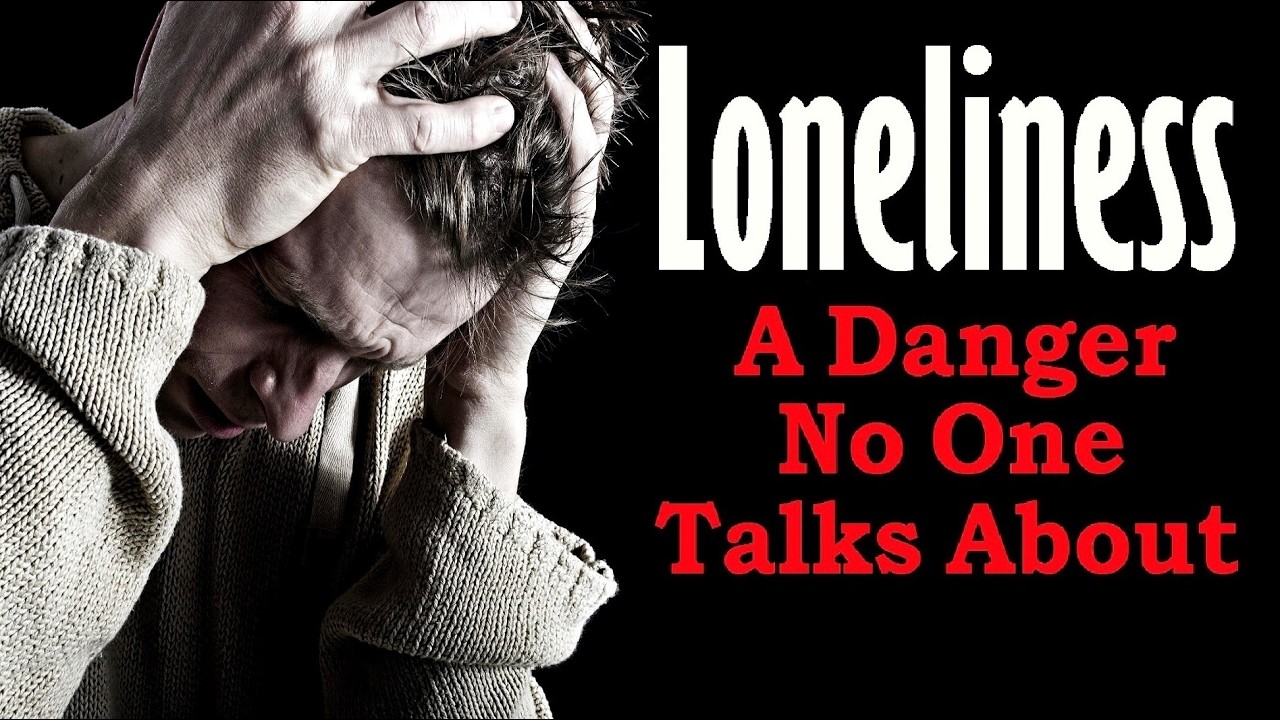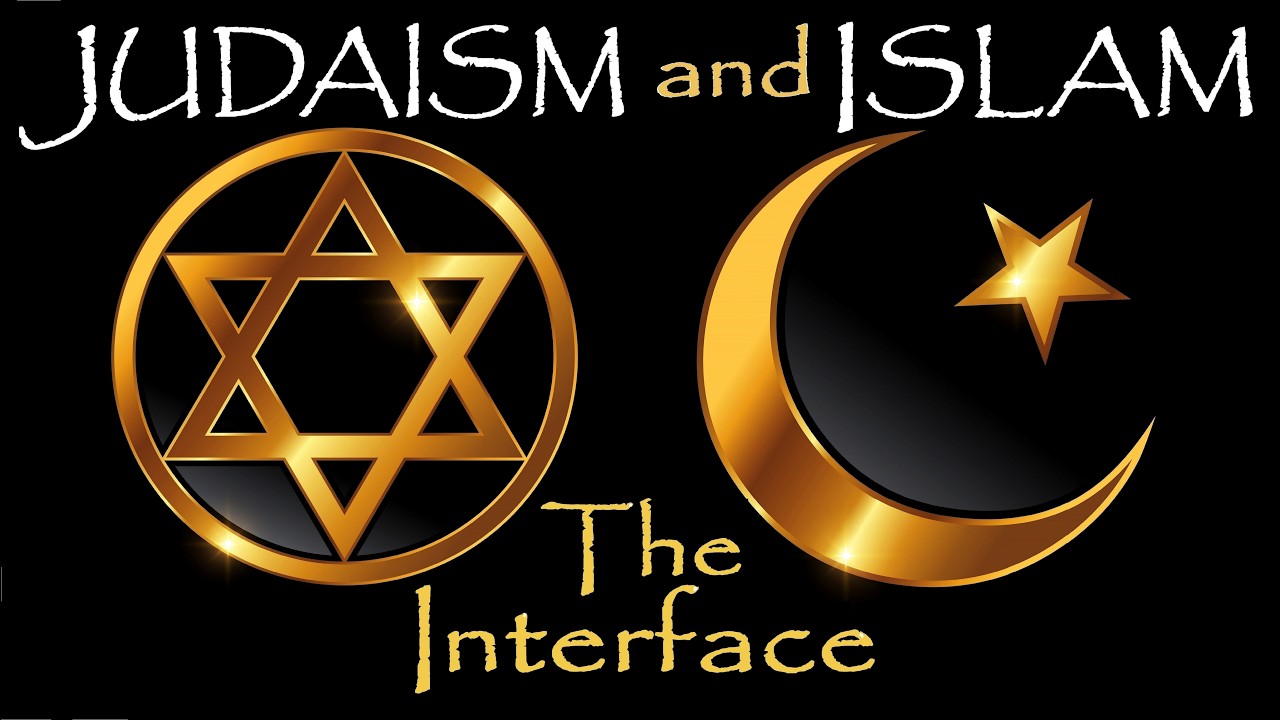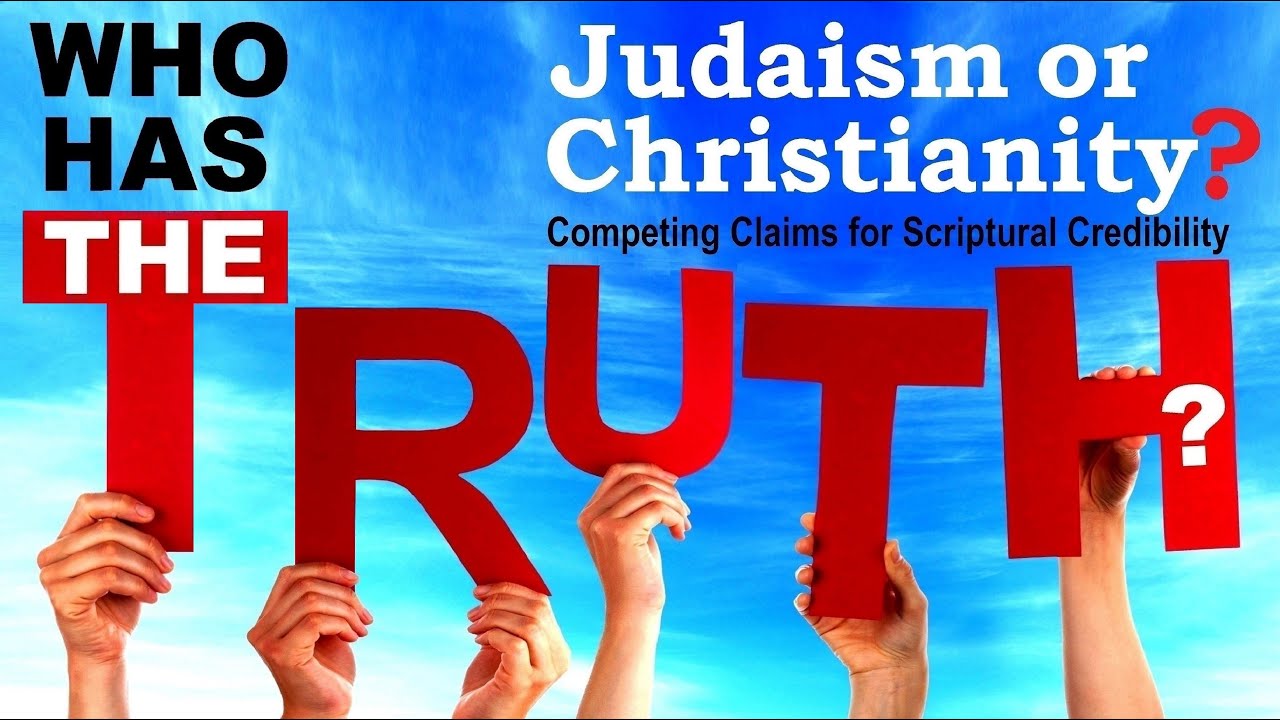WHY DON’T JEWS CELEBRATE CHRISTMAS? with Rabbi Eliezer Breitowitz
1. At this time of year the temptation for we Jews to join our fellow human beings in their holiday celebrations is very great. “Peace on earth, good will toward men.” The lights, the carols, the gift giving. Many Jews just don’t want to feel excluded. And to the extent that Christmas has become so secularized and commercialized, perhaps its observance is not a religious one at all?
2. May we as Jews join in Christian observances? There are a range of issues here. May a Jew attend a Church service? May he have a Christmas tree? May he give gifts to his Christian co-workers and employees?
3. Jewish law has well-articulated positions on these issues, but rather than jumping ahead to legal rulings, I would like to put the issues in a conceptual framework.
4. All the dilemmas can be reduced – I believe – to a single issue: Are the various religions exclusive or are they compatible with one another? To illustrate: If I wanted to go to New York, there are many ways to get there. I could drive, I could take the train, or I could fly. For each of these alternatives there are sub-alternatives. Let’s say I decide to drive. I could go with the NY Thruway or by some other highway. Are religions similar? Are they just different ways of getting to the same end? Or do they lead to different destinations?
5. Rabbi Yosef Albo, Spanish Jewish philosopher (1380-1444) discussed this issue in his classic Sefer HaIkkarim, or Book of Fundamental Principles. He contends that, in a very theoretical sense, it would be possible for there to be several true religions with different rituals and practices all leading to the same objectives. Different societies, living in different settings, may need to be conditioned to moral and spiritual perfection in different ways. This would be analogous to people of different ages and different sized having different nutritional needs.
6. The Torah itself makes distinctions between the Jewish people and B’nai Noach, for example.
7. But, argues the Sefer HaIkkarim, it would be inconceivable that there could be different theological systems that could all be true. That would be analogous to opposing systems of mathematics where, in one, 2+2=4, and, in the other 2+2=5!
8. When you study classic works of medieval Jewish philosophy, such as the Moreh Nevuchim of the Rambam, it is interesting to note that, on fundamental theological issues, there is much common ground between Judaism and Islam. Much less so between Judaism and Christianity.
9. There are many points of disagreement between Judaism and Christianity, but I believe that there are at least five theological differences which are IRRECONCILABLE:
A. DEFINITION OF G-D. Judaism believes in pure monotheism and that G-d is removed from any physical body or form. Christianity accepts the concept of the Trinity – that the godhead is divided into three distinct personalities, one of which became incarnate in the body of Jesus.
B. FREE WILL VS. ORIGINAL SIN. Judaism believes that every human being has the potential to be as righteous as Moses or as wicked as the worst Biblical villains. Christianity believes that every man is tainted by Original Sin and can only be justified in G-d’s eyes through the sacrifice of Jesus on the cross.
C. LAW VS. FAITH. Judaism believes that the Law/Torah is the royal road to perfection and justification in the eyes of G-d. Christianity takes the position that man cannot be justified through observance of the law, only through faith and the acceptance of Jesus. (See Roman 3, 7, and 10; Galatians 2.)
D. REDEFINITION OF THE MESSIANIC ROLE. Judaism believes that the role of the Messiah is to deliver the Jewish people from exile and oppression. By this definition, the Messianic claim of Jesus is impossible. Christianity, by redefining the role of the Messiah as liberator from the burden of sin, makes the Messianic claim of Jesus possible.
E. DEFINITION OF THE CHOSEN PEOPLE. Judaism believes in the biological community of the descendants of Abraham. Christianity sees itself as the “New Israel” – as a faith community of those who accept Jesus.
10. There are several Biblical commandments that have relevance to any discussion of Jews’ participation in Christian celebrations:
11. Leviticus 3:4 – You shall not turn to the worthless idols.
12. Leviticus 20:23 – You shall not go in the ways of the nations.
JEWS FOR JUDAISM is an international organization dedicated to countering the multi-million dollar efforts of Christian missionary groups that target Jews, the impact of cults and eastern religions, and the growing rate of intermarriage that is devastating the Jewish community. JEWS FOR JUDAISM achieves its goal through FREE educational programs, materials and counseling services that connect Jewish people to the spiritual depth, beauty and wisdom of Judaism and keeps Jews Jewish. Please contact us if we can help you. www.jewsforjudaism.ca



